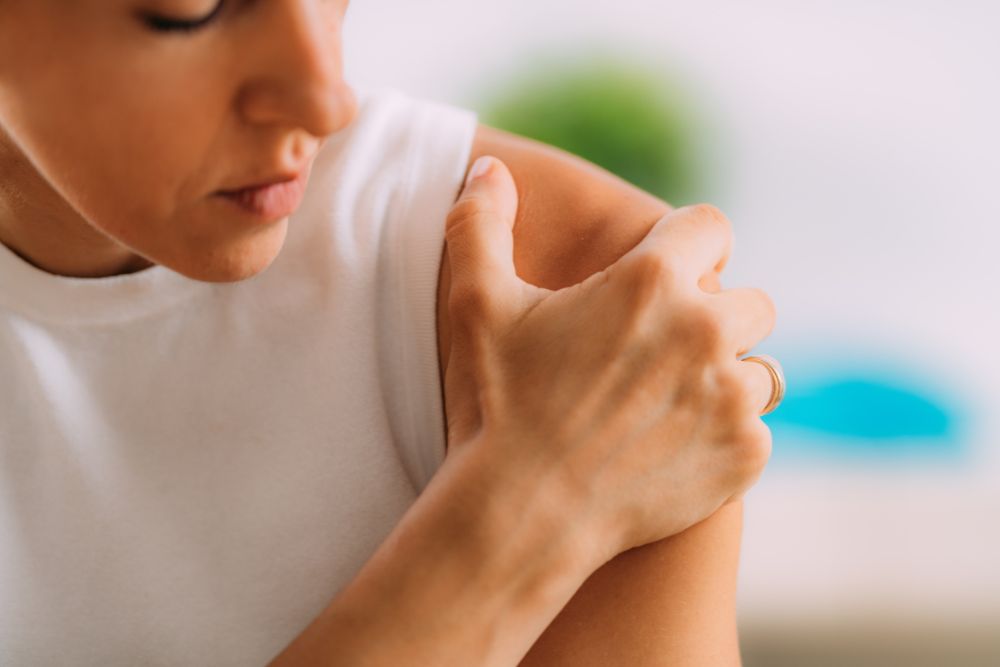Navigating Shoulder Injuries in Contact Sports: Tips for Prevention and Care
March 29th, 2024Shoulder PainOrthoHC
Engaging in contact sports such as wrestling, football, or hockey often puts you at risk of shoulder injuries. Thankfully, there are steps you can take to both prevent these injuries and manage them effectively if they occur. Let's explore what you need to know.
Understanding Common Types of Shoulder Injuries in Contact Sports
Athletes in contact sports may encounter various shoulder injuries, including:
- Dislocations
- Rotator cuff injuries
- Shoulder labral tear
- Shoulder bursitis
- Shoulder impingement
- Collarbone fractures
- Shoulder fracture
Symptoms from an injury vary greatly, from discomfort only during movement to persistent pain, even at rest.
Preventing Shoulder Injuries
While not all shoulder injuries can be avoided, here are some proactive measures you can take to minimize your risk:
- Maintain good posture: Upholding good posture is vital for athletes. Avoid prolonged periods of sitting and ensure your posture maintains balance among the ankle, knee, and hip, with a neutral head position.
- Prioritize stretching: Regular stretching promotes flexibility and enhances range of motion, reducing the likelihood of injury.
- Strengthen shoulder muscles: Building strength in the shoulder muscles can fortify the joint and enhance resistance to injury.
- Allow for adequate rest: Rest days are crucial for optimal performance. Ensure your body receives sufficient rest to perform at its peak during game time.
Recognizing Signs of a Shoulder Injury
Promptly addressing a shoulder injury is essential to prevent further complications. Watch out for these signs:
- Sudden onset of pain
- Visible dislocation of bone or joint
- Pain, stiffness, or swelling
- Limited range of motion
- Weakness in the shoulder
When to Seek Professional Assistance
While many shoulder injuries respond well to home care like rest and icing, certain symptoms need professional attention:
- Shoulder pain accompanied by fever, swelling, or redness
- Pain persisting for more than two weeks
- Numbness or tingling in the arm
- Persistent difficulty moving the shoulder after home treatment
Treatment options vary based on injury severity. At The Orthopedic Health Center, our comprehensive approach incorporates advanced diagnostic testing, modern non-surgical therapies, minimally invasive procedures, and rehabilitation strategies tailored to your needs.
Take Charge of Your Shoulder Health
Whether preventing injuries or managing existing ones, proactive care is key. If you're involved in contact sports, it's crucial to prioritize shoulder health. We provide professional guidance to make a personalized treatment plan tailored to your circumstances.
The Orthopedic Health Center is dedicated to providing individualized care to help you return to your sport safely. For more information or to schedule a consultation at one of our Hoboken, Jersey City, or Bayonne, NJ, reach out to us today.
Appointments available now.
